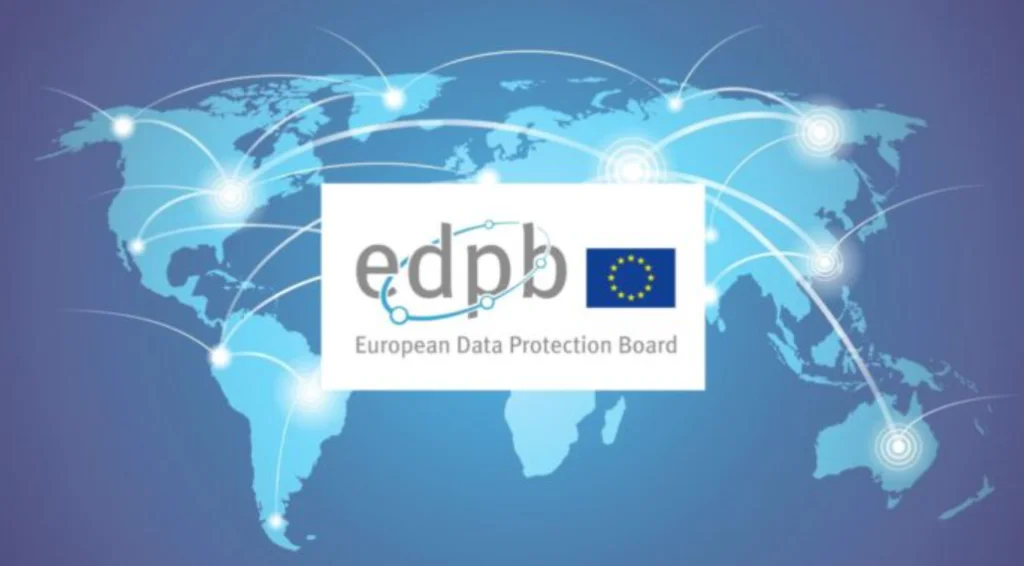The European Data Protection Board (EDPB) and the European Data Protection Supervisor (EDPS) issued a joint opinion statement on the regulation of the “digital euro,” which was proposed by the European Commission in July 2023.

The regulators made several recommendations to enhance the personal data protection standards for the European Central Bank’s digital currency (CBDC).
The EDPB and EDPS propose clarifying the verification procedure for the maximum quantity of digital euros an individual account may hold. The current proposal permits the European Central Bank (ECB) and national central banks to establish a singular point of access to each user’s data.
The EDPB and EDPS advise evaluating to determine the necessity and proportionality of a solitary access point. They emphasize that it is conceivable to use technical measures for the decentralized storage of these identifiers.
The regulators also note that the proposed fraud detection and prevention mechanism of the CBDC lacks predictability. The EDPB and EDPS recommend demonstrating the necessity of the FDPM in greater detail or, failing that, contemplating “less intrusive measures” from a data protection standpoint.
The EDPB and EDPS “strongly recommend” instituting a ‘privacy threshold’ for online transactions, below which low-value offline and online transactions are exempt from tracking for anti-money laundering and countering the financing of terrorism (AML/CFT).
However, they did not develop a specific quantity and only referred to the transaction limit, which covers “low-value daily transactions.”
Following a two-year investigation, the ECB’s governing council announced the “preparation phase” for the digital euro initiative this week. The preparation phase will last two years and concentrate on finalizing the digital currency’s regulations and identifying potential issuers.
